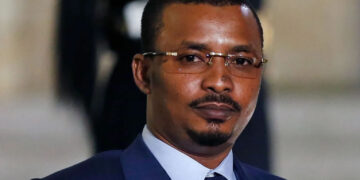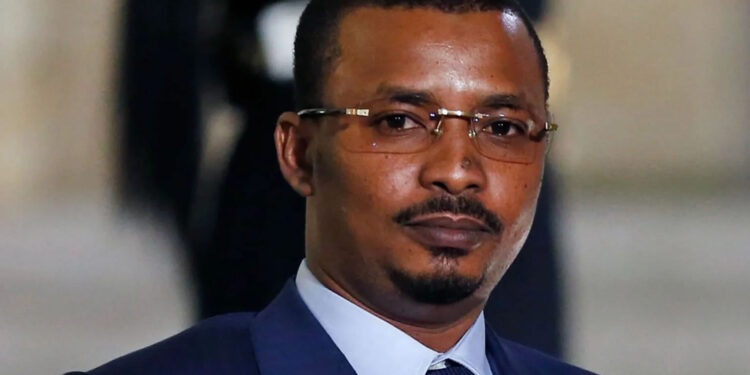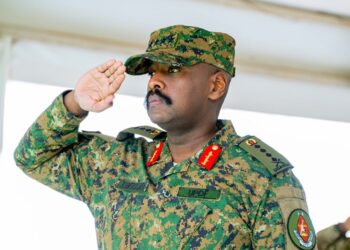Chad has announced a halt to visa processing for American travellers, citing tit-for-tat measures after discovering its inclusion among twelve nations whose citizens face US entry restrictions.
“Chad has neither planes to offer nor billions of dollars to give, but Chad has its dignity and pride,” continued President Mahamat Idriss Déby Itno in a Facebook post (in French) on Thursday.
The African continent bears the heaviest burden from President Donald Trump’s immigration restrictions, with seven out of twelve targeted nations located there.
Monday marks the implementation date for the new policy.
Citizens from Chad, Congo-Brazzaville, Equatorial Guinea, Eritrea, Libya, Somalia, Sudan, Afghanistan, Myanmar, Haiti, Iran and Yemen will face complete US entry bans under the directive.
Further limitations will impact travellers from Burundi, Sierra Leone, Togo, Cuba, Laos, Turkmenistan and Venezuela, who will lose access to specific visa categories for American travel.
“We will not allow people to enter our country who wish to do us harm,” Trump said in a video posted on X.
Trump indicated the roster might undergo revision following “material improvements” while warning that emerging global threats could trigger additional nation inclusions.
Administration officials characterised the measures as “common-sense restrictions” designed to “protect Americans from dangerous foreign actors”.
Mogadishu responded swiftly to the travel restrictions, offering immediate cooperation with Washington to resolve security concerns.
Somali diplomatic representative Dahir Hassan Abdi emphasized his nation “values its longstanding relationship” with the United States in an official statement.
N’Djamena expressed clear frustration beyond the president’s public remarks, with Foreign Minister Abdoulaye Sabre Fadoul informing AFP that officials felt “surprised by this announcement and even more by the terrorism-related reason [which] completely disregards Chad’s commitment and results in this area”.
Continental leadership voiced concerns about potential harm from the policy, urging Washington to pursue “a more consultative approach… with the countries concerned” through the African Union.
BBC Tigrinya interviewed multiple Eritrean nationals expressing anxiety over the travel prohibition.
“As Eritreans, we’ve already suffered under our regime at home and now we’re facing the same hardship under Trump’s immigration policies. We’ve endured so much pain,” one man told the BBC on condition of anonymity.
The Horn of Africa nation operates under single-party rule where Isaias Afwerki has maintained presidential control since securing independence from Ethiopia following three decades of armed conflict in 1993.
Mandatory military conscription for young Eritreans drives mass exodus as thousands seek international sanctuary.
One Eritrean mother expressed fears about family separation, worrying she and her children might never reunite with her spouse already residing in America.
“We’ve waited so long and done everything legally, but now we’re left in limbo. No-one is giving us clear answers,” she told the BBC.
Trump referenced a recent Boulder, Colorado terror incident through his Truth Social platform, claiming the attack “underscored the extreme dangers” from inadequately screened foreign nationals.
The Boulder suspect holds Egyptian citizenship, yet Egypt escaped inclusion on the restricted nations list.
White House justification for the travel prohibition cited inadequate governmental capacity in Libya, Somalia and Sudan to produce legitimate travel documents or implement proper vetting procedures.
Armed conflicts currently ravage all three nations.
Officials further claimed “A persistent terrorist threat also emanates fr…



































